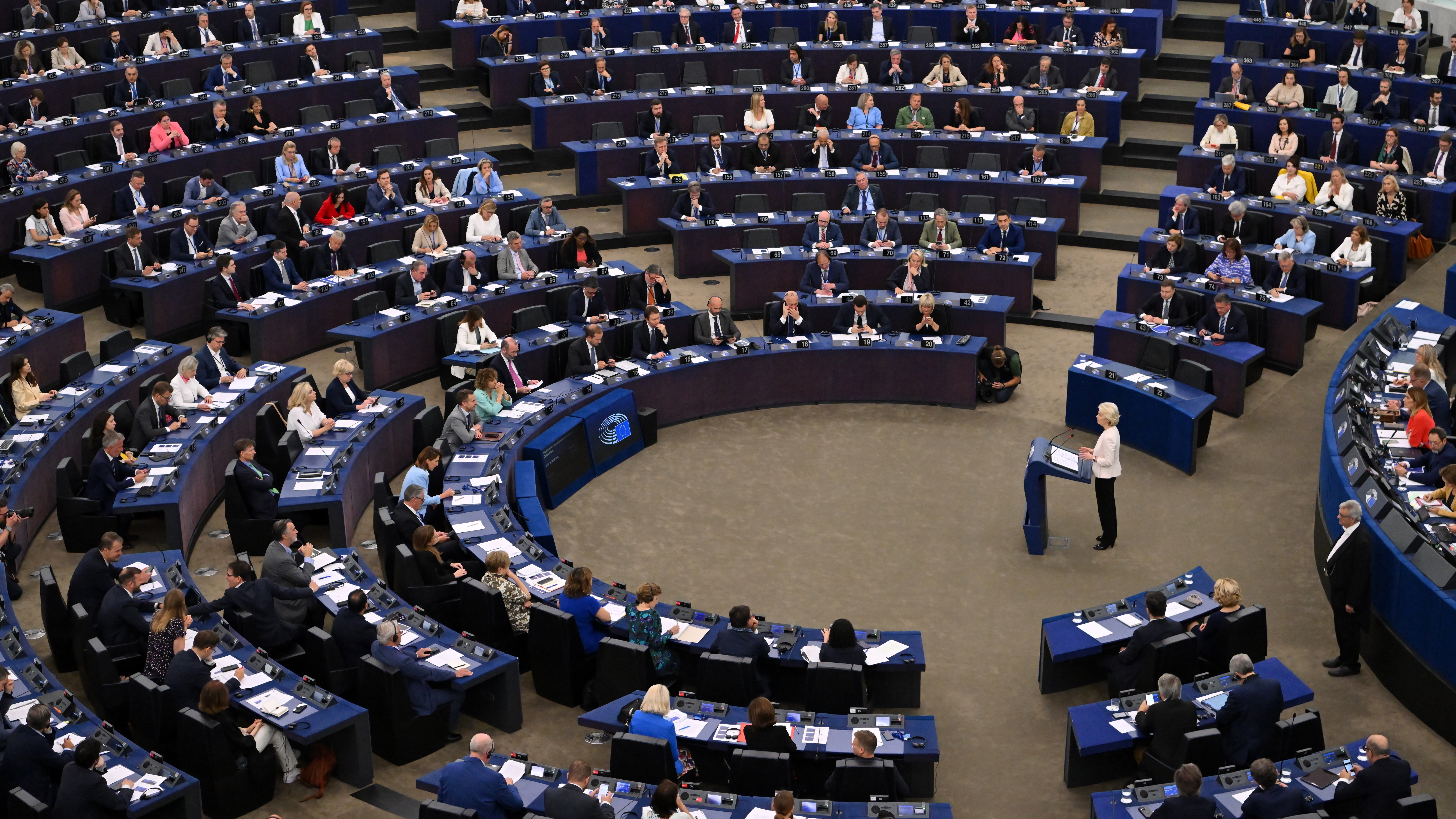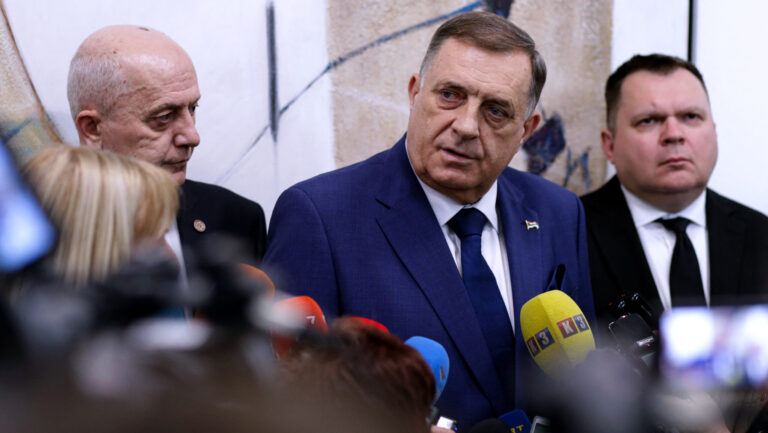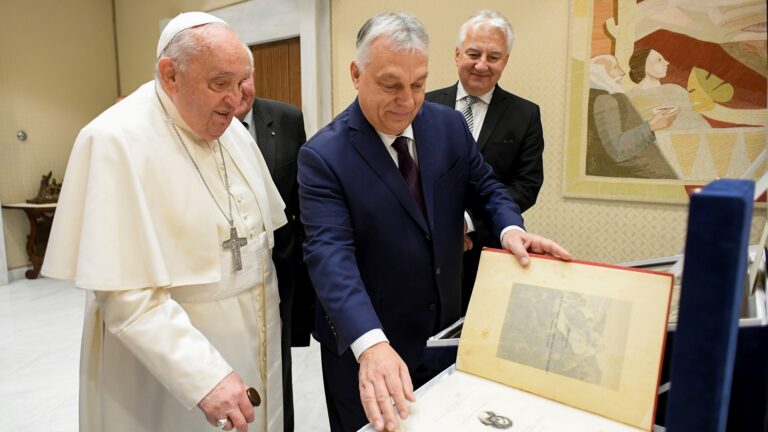At the request of the President of the European Commission (EC), Ursula von der Leyen, EU governments had until last Friday, 30 August, to nominate their candidates to the EC. As five years ago, an intense competition is expected to unfold among Member States for the most prestigious and influential Commissioner positions, of which the ones in charge of competitiveness and trade, as well as cohesion and agriculture respectively are probably the most sought after. However, some EU countries only announced their decision on 30August, and the nomination itself has proved to be a complicated decision for certain governments.
In addition, von der Leyen stressed the importance of gender balance in the new Commission, asking in her letter to Member States to nominate two candidates from which one should be a female.
The issue of women’s participation had already become a very sensitive issue during the formation of the Juncker Commission taking office on 1 November 2014, when women’s lobbying organizations—referring to the Charter of Fundamental Rights and the Treaties—interpreted the low rate of women’s participation as a human rights violation. In the administrative subdivisions of the Commission, the Juncker Commission announced that the percentage of women in leading positions should reach 40 per cent. In addition, the designated President of the Commission requested Member States to nominate a male and a female candidate to the EC. By 2019, more than 40 per cent of the executive officers in directorates were women. However, Juncker could not achieve such a spectacular result in the field of political appointments, as from the twenty-eight members of the College of Commissioners only one-third were women.
Commission President Ursula von der Leyen, who took office in December 2019, placed particular emphasis on the issue of gender equality, being the first female president of the EC in the history of European integration. Already at that time, she also asked Member States to nominate two—a male and a female—candidates for EC positions. At that time certain Member States supported von der Leyen to realize this goal, while others stuck to the appointment of only one candidate.
The recent request of von der Leyen regarding the appointment of female candidates has also been ignored by most Member States,
since countries nominated only seven female and eighteen male candidates.
Bulgaria and Italy announced their nominees only on 30 August. The Italian candidate became Raffaele Fitto, Minister of European Affairs, while the Bulgarians nominated former Foreign Minister Ekaterina Zaharieva and former Minister of Environment Julian Popov. Moreover, now that the deadline has passed, the list of candidates is still not complete, since Belgium has yet announce its nominees to the EC. The main reason behind the delay is that at the end of August, negotiations on government formation came to a standstill again after Bart de Wever, the politician leading the negotiations, resigned from his mandate. In early July King Philippe of Belgium asked De Wever, the leader of the New Flemish Alliance (N-VA), to start negotiations leading to the formation of a government, after his party won most of the votes. However, the five parties attending the negotiations have so far failed to agree on socio-economic principles. This obviously hinders the appointment of EC candidates.
At the end of July Viktor Orbán announced that he would nominate again Olivér Várhelyi, the former Commissioner for Neighbourhood and Enlargement Policy. Hungary would retain the position in charge of enlargement policy in the new Commission, but this ambition may be thwarted. Currently it seems that the majority of Member States and the EP are reluctant to give Hungary any strong commissioner position, and many predict that Várhelyi will be given a hard time during his parliamentary committee hearing.
According to EU rules, it is the President of the EC who allocates policy portfolios to the candidates, taking into account their professional competences, European commitment and independence. The members of the Commission carry out their duties as Commissioners independently of the government of their country. However, the Council of the EU also needs to accept the appointed Commissioners; then the candidates are heard by the relevant parliamentary committee, corresponding to their desired portfolio, examining whether the candidate is suitable for the given position. At this point, candidates may be withdrawn if the outcome of the examination by the parliamentary committee is unfavourable. Finally, the European Parliament decides on the College of Commissioners as a whole by unanimous vote.
If, in the current situation, von der Leyen manages to get the Council to adopt the list of selected candidates, hearings could already take place in September or October. Then, in accordance with this timetable, MEPs could decide on the draft resolution on the appointment of new Commissioners in the plenary sessions of 7–10 and 21–24 October. This means that, at best, the new Commission of von der Leyen can start its work from 1 November.
Related articles:








